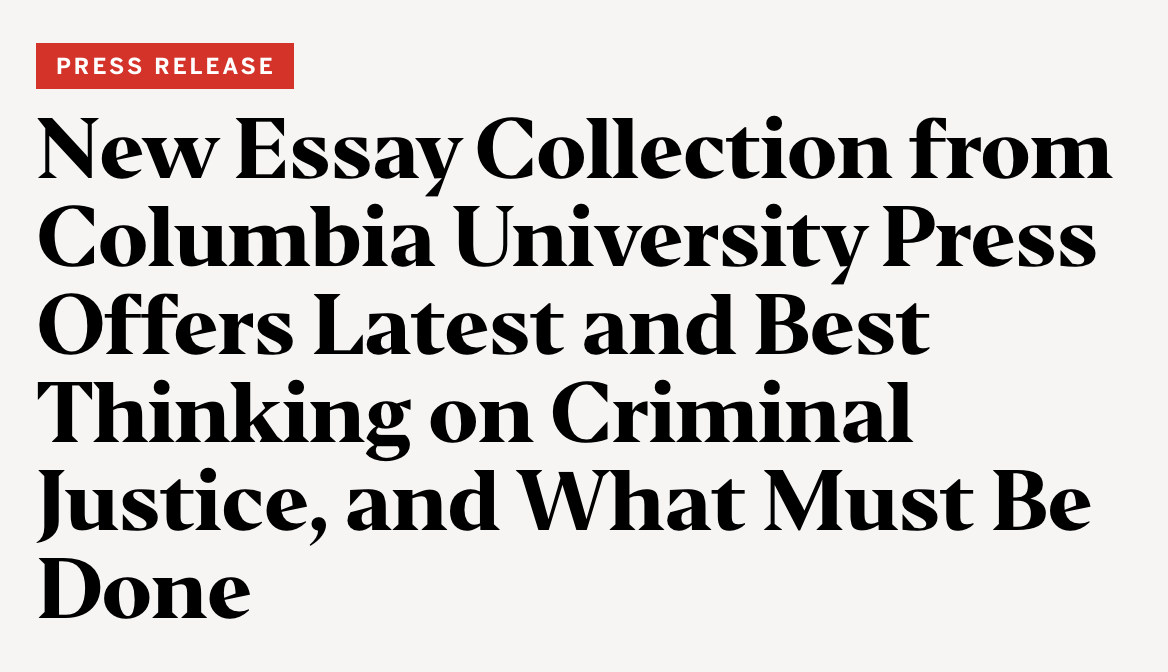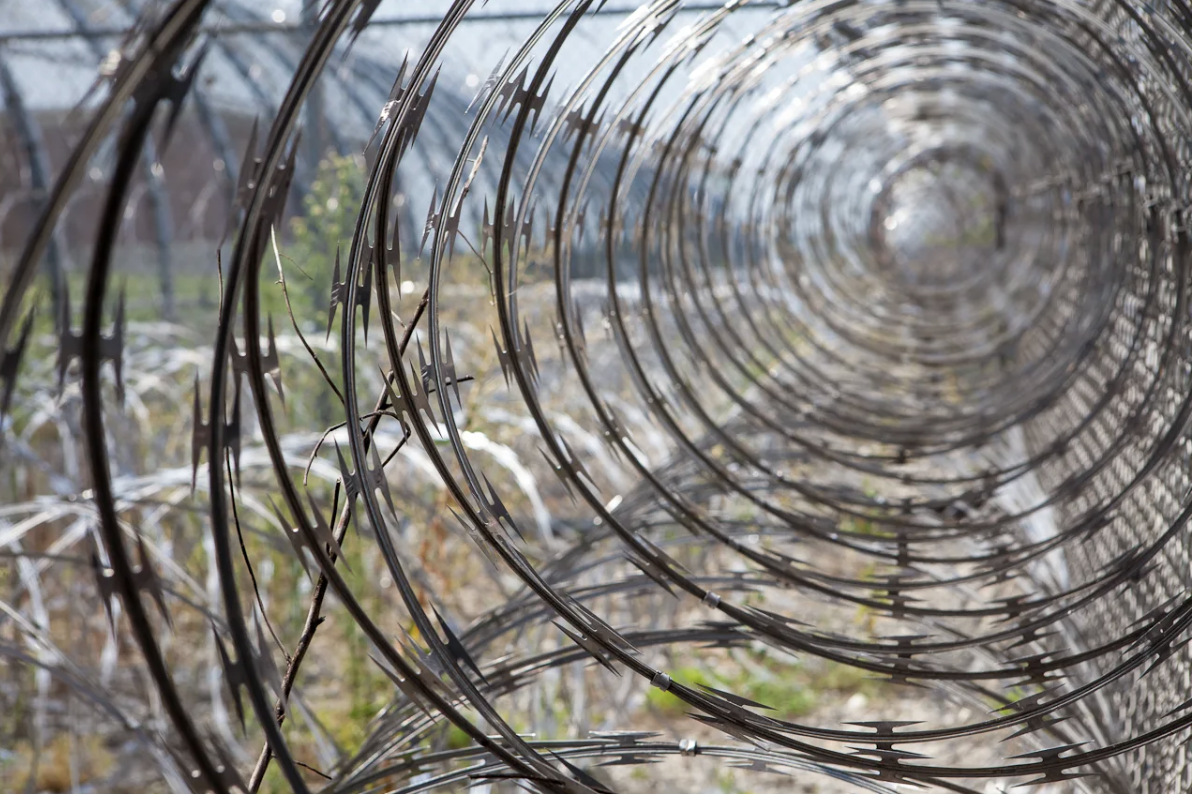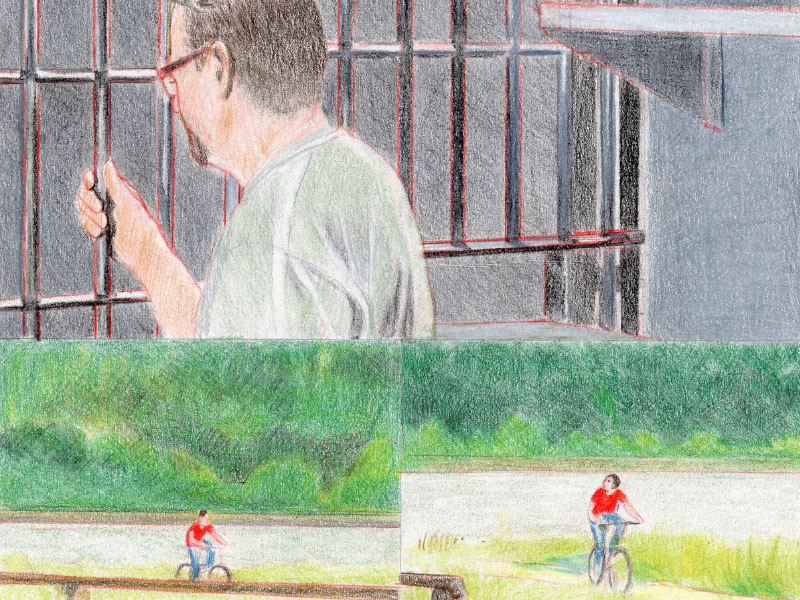
The article discusses Washington’s House Bill 2030, sponsored by Rep. Tarra Simmons, which seeks to grant voting rights to incarcerated individuals.

In January 2024, NYC Mayor Eric Adams vetoed a bill to ban solitary confinement in city jails, a move criticized as inhumane and counterproductive. The City Council overrode his veto, enacting the ban.

Christopher Blackwell reflects on a fleeting moment of unity and the longing for freedom in prison, as incarcerated men come together to watch birds nesting on a windowsill.

Women, especially women of color, shoulder financial and emotional burdens to support incarcerated loved ones, crucial for reentry and reducing recidivism.

In his memoir, Christopher Blackwell recounts the psychological and physical challenges he faced during an unexplained stint in solitary confinement, striving to maintain his dignity and positivity amid the dehumanizing conditions.


In Washington State, incarcerated individuals, with support from organizations like Look2Justice, are actively engaging in the legislative process by testifying before state lawmakers on issues directly affecting their lives, such as prison communication costs, extreme sentencing practices, and the use of solitary confinement.

I had to return to jail before a resentencing hearing. It meant taking a trip back through hell.

“I was different than the 22-year-old who had made that devastating decision, but I couldn’t say when that shift had begun.”

In prison, there is no space to grieve. I kept thinking that if only I was home, I could have given her the support she needed.

Still-lingering effects of lockdowns have left incarcerated people with fewer ways to grow and learn.

Most prisons have no real plan for how to deal with the kind of misery climate change inflicts—and will inflict—on incarcerated people

In June, I stepped into a body scanner outside the visitation room at the Washington Corrections Center and held my breath.

The state must move more urgently to phase out the cruel and archaic practice.



If we lose incarcerated journalists, we lose a whole voice from the conversation.

Most people in prison can’t vote. This is what they want you to think about when you cast your ballot.

This essay is part of How to Live With Regret, a series exploring the nature of regret and the role it plays in all our lives.

Gregory Sharkey spent 15 years in prison for a crime he says he didn’t commit. He was finally freed last month—but will those responsible for caging him be held accountable?

The article argues that solitary confinement is not only inhumane but also counterproductive, as it exacerbates violence within prisons and hinders successful reintegration of inmates into society.

Public records reveal how Washington Department of Corrections uses a nebulous victim rights policy to bar incarcerated people from participating in public debates.